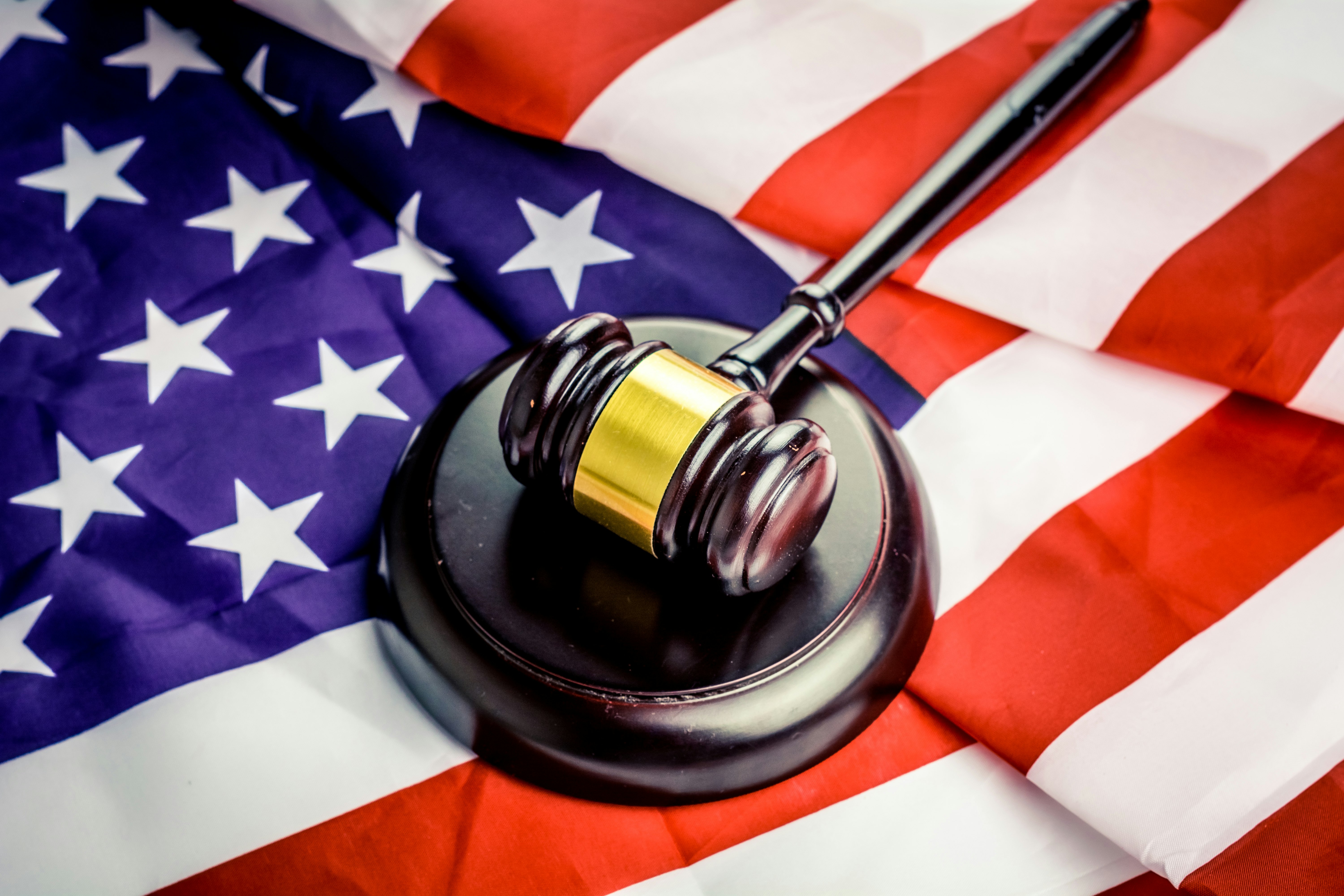Most recently, the Supreme Court of the United States (SCOTUS) issued a 5-4 ruling blocking a Louisiana law that would have closed some of the few abortion clinics operating in the state.
According to the Center for Reproductive Rights, which challenged the law, physicians would have been prohibited from performing abortions if they lacked “admitting privileges” at area hospitals. However, the Center asked for an emergency request and stopped the law from taking effect just hours before it was set to commence.
“The Supreme Court has stepped in under the wire to protect the rights of Louisiana women,” says Nancy Northup, president and CEO of the Center for Reproductive Rights. “The three clinics left in Louisiana can stay open while we ask the Supreme Court to hear our case. This should be an easy case—all that’s needed is a straightforward application of the court’s own precedent.”
Justice Brett Kavanaugh, the newest addition to the court, penned a dissent.
In 2016, a similar law in Texas was declared unconstitutional. That case, Whole Woman’s Health v. Hellerstedt, was also prompted by the Center for Reproductive Rights. With respect to the Louisiana Law, the Center argued there is no need to require admitting privileges, as only 2 in 1,000 women require hospitalization due to major complications from an abortion.
SCOTUS found the law: “Provides few, if any, health benefits for women, poses a substantial obstacle to women seeking abortions, and constitutes an ‘undue burden’ on their constitutional right to do so,” according to information from the Center.
New York Passes Law to Codify Reproductive Rights
New York’s newest abortion law, the Reproductive Health Act, was signed on January 22, the anniversary of the court’s ruling in Roe v. Wade. The bill’s signing even sparked a debate about throwing Gov. Andrew Cuomo, who championed the legislation, out of the Catholic Church.
A recent review of the law from factcheck.org addressed some of the controversy around the bill, as some see it as overstepping social and cultural mores by allowing “full term abortions.”
FactCheck presented the question and answer shortly after the bill was passed:
Q: Does the new New York law allow full-term abortions?
A: The law permits abortions after 24 weeks if a healthcare professional determines the health or life of the mother is at risk, or the fetus is not viable.
It added: “After 24 weeks, such decisions must be made with a determination that there is an ‘absence of fetal viability’ or that the procedure is ‘necessary to protect the patient’s life or health.’ That determination must be made by a ‘health care practitioner licensed, certified, or authorized’ under state law, ‘acting within his or her lawful scope of practice.’”
Planned Parenthood Takes Shot at Trump Nominees
The Senate Judiciary Committee advanced President Trump’s attorney general nominee, William Barr, along with federal judge nominees Matthew Kacsmaryk, Wendy Vitter, Brian Buescher, and Michael Truncale, each with “extreme anti-abortion and reproductive health records,” according to information form Planned Parenthood.
Dana Singiser, Senior Vice President for Policy, Campaigns and Advocacy, Planned Parenthood Federation of America, issued a statement in response: “Everything is on the line for women’s health and rights with Trump’s latest slate of nominees with extreme anti-abortion and anti-reproductive health records. Republicans on the Senate Judiciary Committee know that Barr believes Roe v. Wade should be overturned and is a threat to the Affordable Care Act, yet they choose to vote him out of committee regardless.”
Of the judges, Singiser added: “Trump’s nomination of Wendy Vitter, Matthew Kacsmaryk, Michael Truncale and Brian Buescher for lifetime seats on our federal courts is just the latest step in a broader effort to ban access to safe, legal abortion. Nearly one in five judges in lifetime federal seats are now Trump appointees--and they will be ruling against our health and rights long after the Trump presidency is over.”



















